Ahead of the Ministerial Council Meeting (MCM) of the Organization for Economic Cooperation and Development (OECD), Peter Szijjarto said that in future history books, the current years will be termed an era of dangers, as the world today is facing serious security challenges, which also have a negative impact on the economy. He expressed his concern over certain essentially liberal politicians' reactions, which suggest a long-term risk of renewed blocification of the world, something which he said Hungary had always been on the losing end of in the past.
We are arguing for a different type of response to the challenges we are facing, and for the next period to be about connectivity in the world rather than a breaking up into blocs. And we want to eradicate from international political vocabularies terms like 'decoupling' and 'de-risking', which have become the seemingly cultured expressions for separating and isolating the economies of the East from those of the West,
he explained, adding that "We want political leaders to stop standing in the way of civilized East-West cooperation, and to stop blocking the functioning of a single, fair world trade and economic system in the next period".
The Hungarian foreign minister said it was crucial for ideologies and dogmatic approaches to not override common sense and rationality, as this would most certainly lead to a worse and less secure world.
All hope is not lost on this front, as evidenced by the fact that the world's economic leaders, those actively participating in the economic sphere, have not entirely lost their common sense,
he opined, citing Hungary as an excellent example and noting that all three major German auto manufacturers are present in the country, along with the three largest Chinese producers of electric vehicle batteries. He pointed out that Western companies are counting on Eastern suppliers as a key part of their electromobility strategy, and that cooperation between these players in Hungary is as close as possible. He also mentioned the Paks nuclear power plant expansion project as an example, where German, American and French subcontractors are working alongside the Russian main contractor.
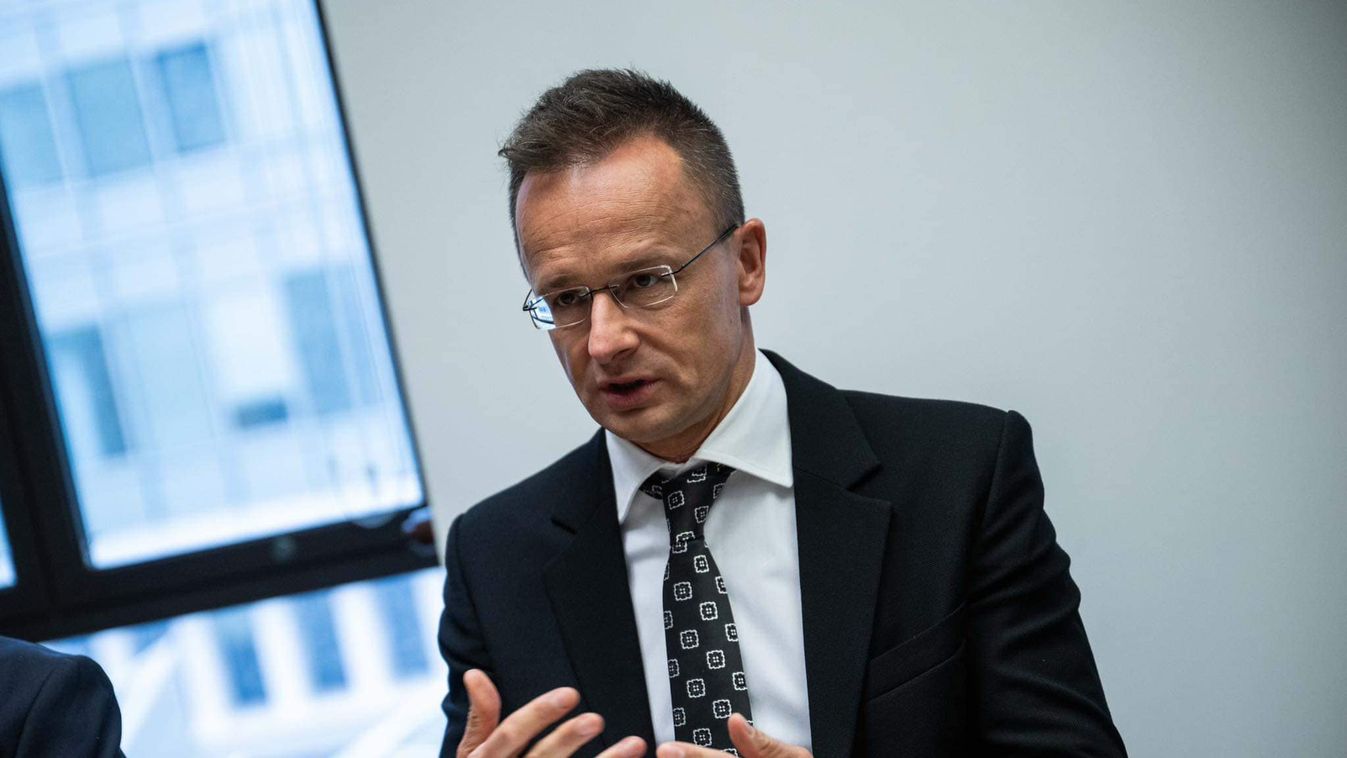
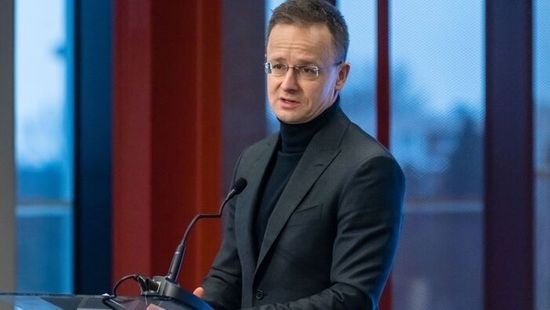
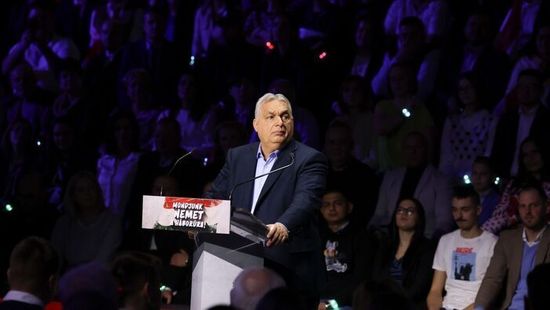
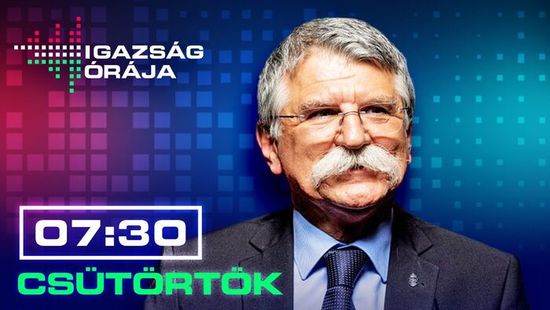


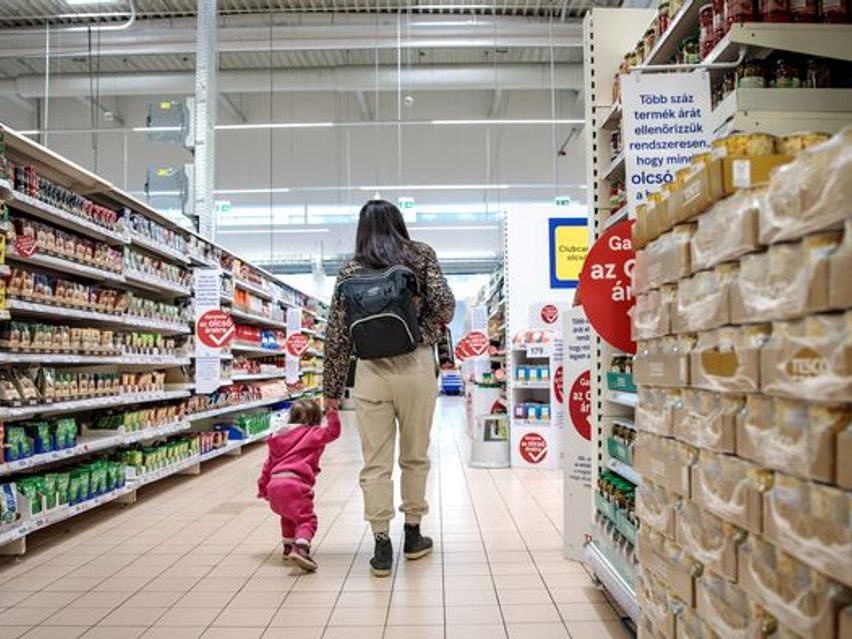




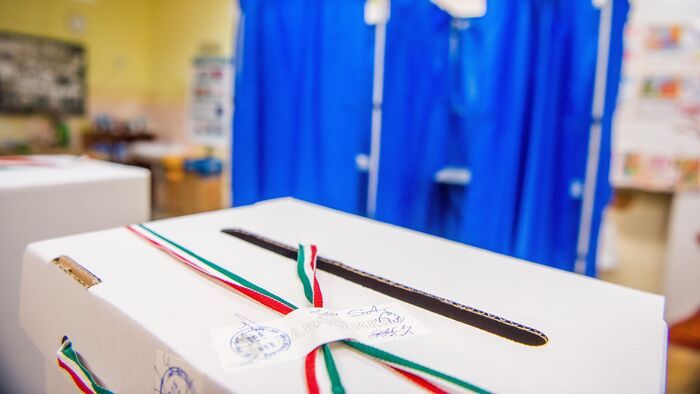
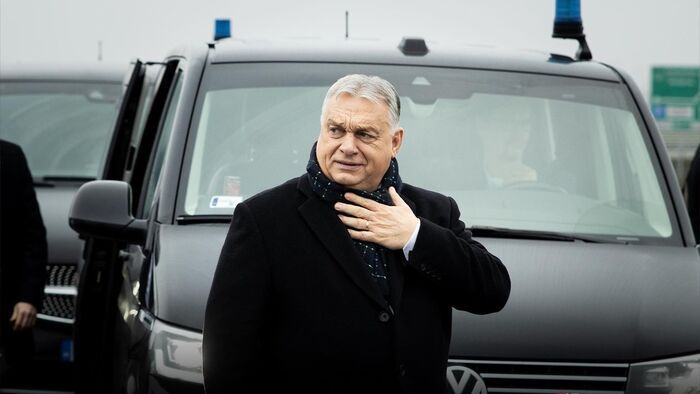

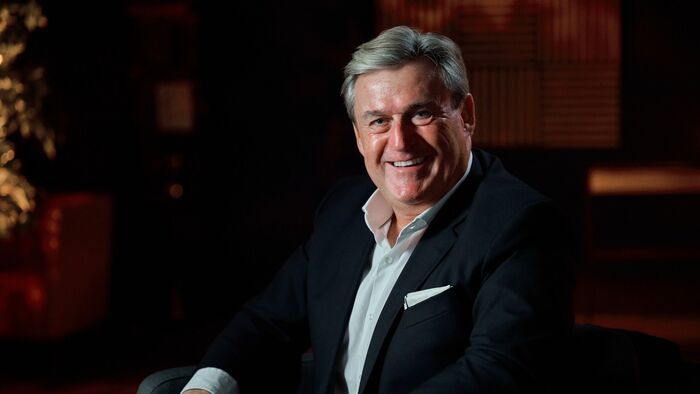
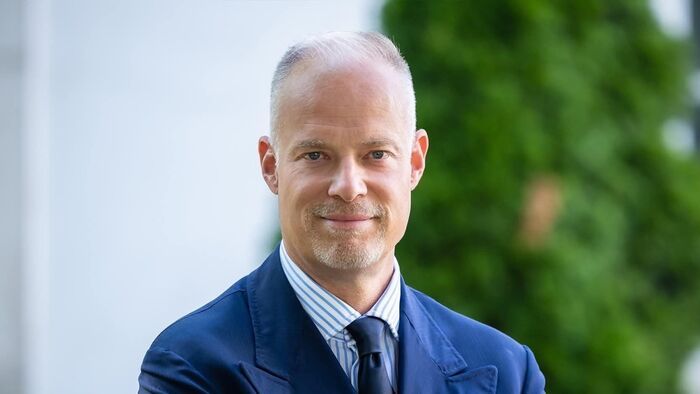
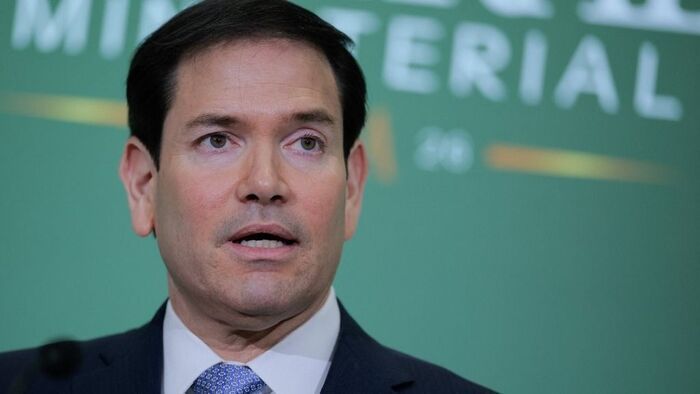
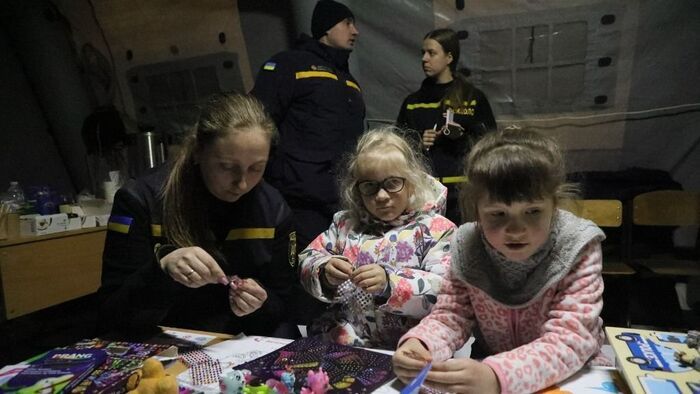





Szóljon hozzá!
Jelenleg csak a hozzászólások egy kis részét látja. Hozzászóláshoz és a további kommentek megtekintéséhez lépjen be, vagy regisztráljon!